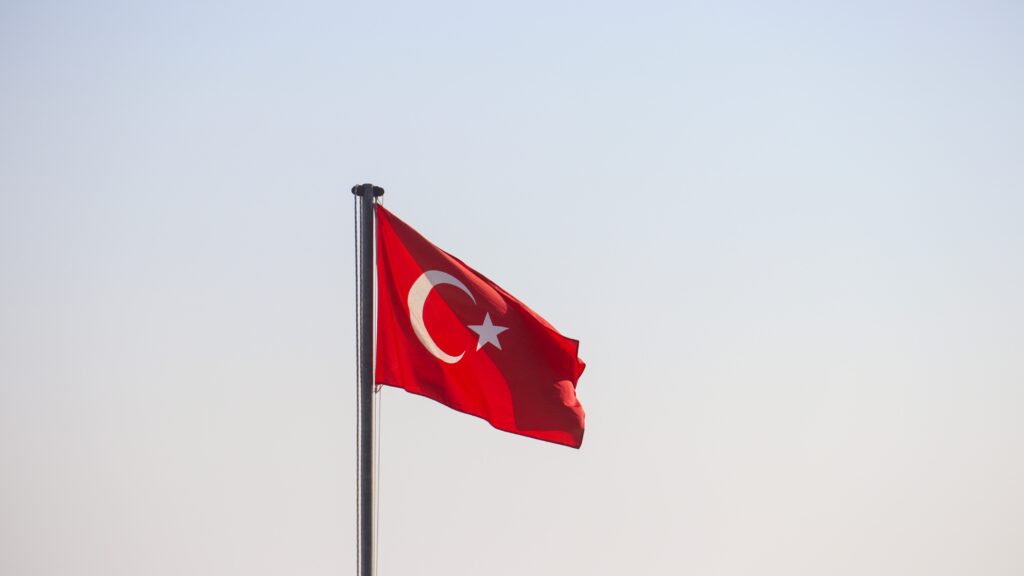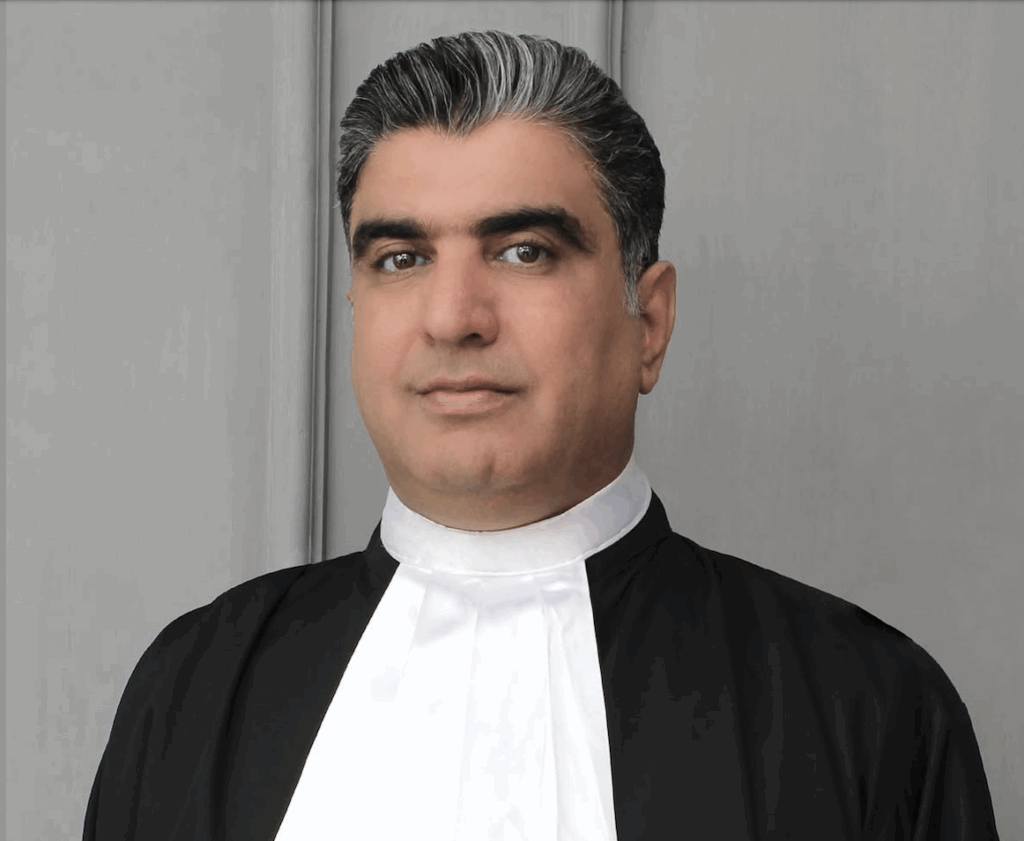In March 2020, the UN Human Rights Committee will review the Philippines’ compliance with its international human rights obligations, and more in particular the implementation of the International Covenant on Civil and Political Rights. Lawyers for Lawyers submitted a submission for the List of Issues to inform the Committee about the situation of lawyers in the Philippines.
The situation of lawyers in the Philippines is highly alarming and threatening. Lawyers for Lawyers is deeply concerned over the increasing attacks against lawyers in the Philippines and the oppressive working environment. The submission focusses on four main issues: interference with the independence of the legal profession, the practice of labelling of lawyers and lawyers’ organizations, surveillance of lawyers and lawyers’ groups and culture of impunity.
In the context of the continued counterinsurgency program and the so called ‘war on drugs’ that officially began on 1 July 2016 many attacks on and killings of lawyers have taken place. Most of these killings and attacks are a result of them discharging their professional duties or are believed to be otherwise work-related. Especially at risk are lawyers representing people accused of terrorist or drug related crimes, or government critics, such as journalists, political opposition leaders, and human rights defenders.
Another reason for concern is the practice of so-called labelling or ‘red-tagging’ of lawyers and lawyers’ groups in connection with the clients they are representing and/or the type of cases they are working on. Red-tagging has been described as the act of publicly branding individuals, organizations or institutions as ‘communists’, ‘leftists’, or ‘terrorists’, regardless of their actual beliefs or affiliations, and is used as a strategy against those who are critical and perceived to be ‘enemies’ of the State party.
The practice of labelling – combined with the culture of impunity – has been identified by national and international fact-finding commissions as one of the main root causes of extrajudicial killings in the Philippines in the past.
Read the full submission here




